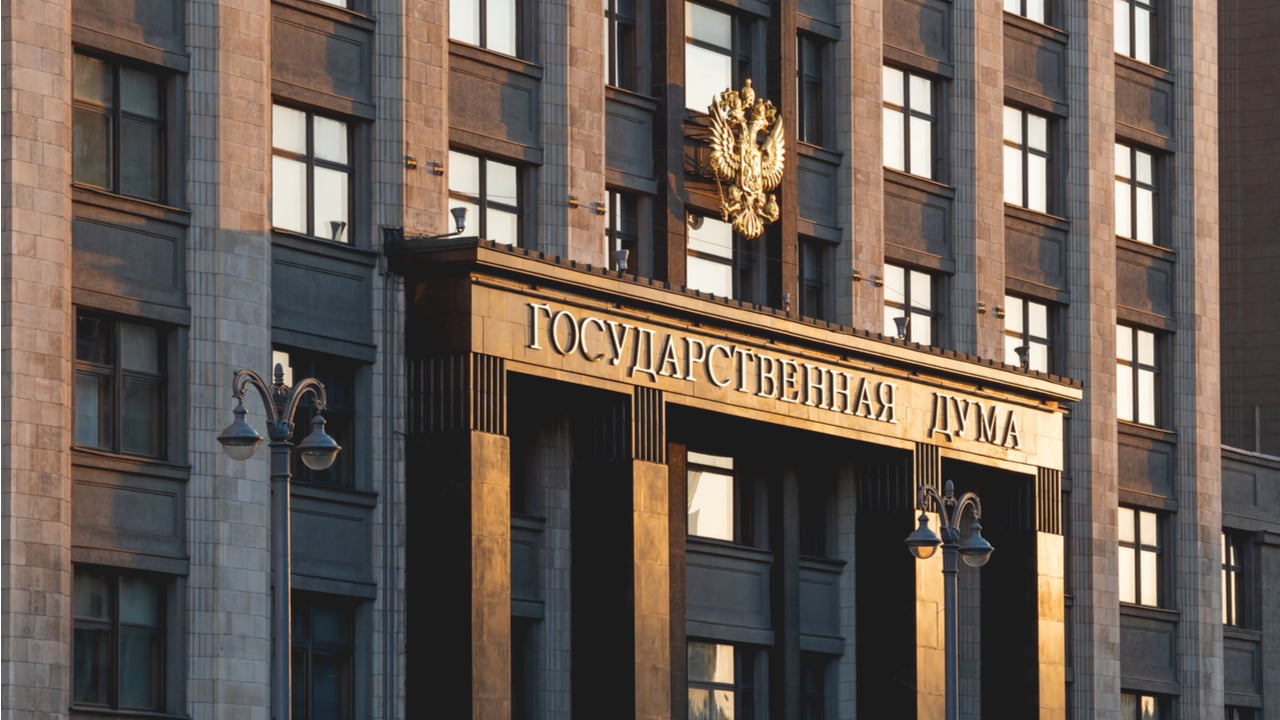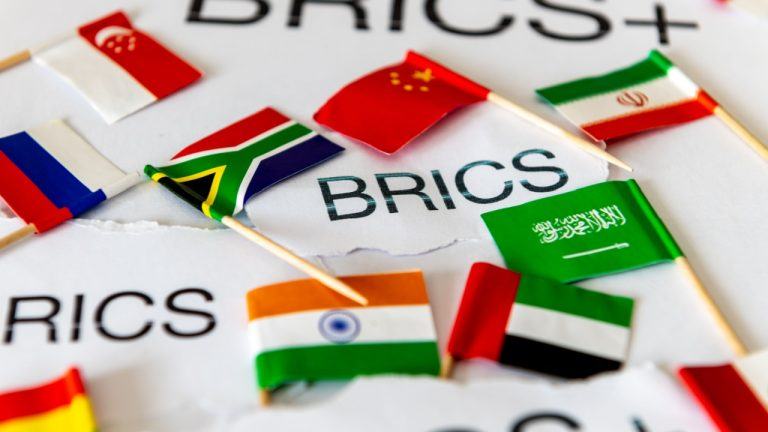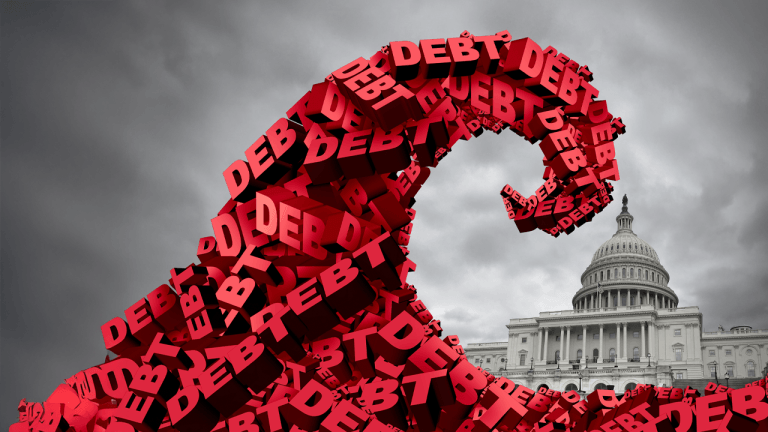
Draft Law About NFTs Submitted to Russian Parliament

Lawmakers have filed a bill with the State Duma aimed at introducing the term NFTs to Russian legislation. The authors of the draft say the rights of those who own non-fungible tokens need to be protected as Russians are currently dealing with NFTs at their own risk.
Russian Deputies Propose Amendments Legally Defining NFTs
Members of the lower house of Russian parliament, the Duma, have put forward a draft law that will incorporate the term “NFT-tokens” into the Civil Code of the Russian Federation. The sponsors of the bill, Vladislav Davankov and Anton Tkachev, are from the parliamentary group of the liberal New People party.
The explanatory note to the bill, Tass news agency reported, states that the initiative aims to “recognize NFT-tokens as non-fungible tokens of unique digital assets (images, videos or other content) in the form of non-fungible data stored in a distributed ledger system (blockchain system).”
“We need to protect the rights of NFT owners,” said Tkachev, quoted by the party’s press service. He pointed out that at present the legal concept of non-fungible tokens does not exist in Russian law and people continue to make transactions with NFT tokens at their own risk. He further elaborated:
Things have moved forward with cryptocurrencies, but an NFT is not a digital currency but a digital certificate of ownership, that is, an object of intellectual property, which is why we propose to regulate NFTs as intellectual property.
While Russian authorities have been taking steps to comprehensively regulate the country’s crypto space, Russia’s current and upcoming legislation does not explicitly mention NFTs. The term digital financial assets (DFAs), introduced with a law which went into force in January 2021, partially covers cryptocurrencies and some types of tokens.
A new bill “On Digital Currency,” which was submitted by the Ministry of Finance in February, is expected to be adopted this year. It has been designed to fill the remaining regulatory gaps in the nation’s legislation. It has already won the support of the federal government in Moscow, while the Central Bank of Russia remains opposed to the legalization of cryptocurrencies like bitcoin.
Do you think the State Duma will approve the new legislation for non-fungible tokens? Tell us in the comments section below.
Go to Source
Author: Lubomir Tassev









